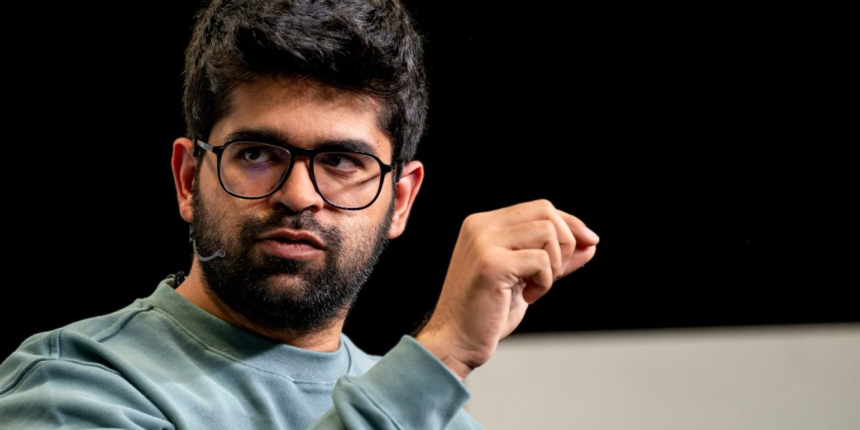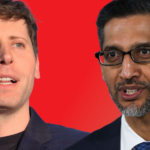“The game has changed,” he tells Fortune. “What’s emerging from the blend of AI search and traditional browsers isn’t just a faster search engine, it’s an entirely new hyper-personalized, context-aware, and conversational way of finding information.”
“A persistent AI assistant that can operate on any web page changes the web from a place to navigate to one that works for you. Adding Chrome’s massive user base and browser dominance could give Perplexity a once-in-a-generation leap in distribution,” she tells Fortune. But, she notes, “the next Google presents a very high bar.”
But while Perplexity can buy part of Google’s ecosystem (Chrome), scaling to Google’s level of infrastructure, reach, and trust will be extremely challenging. “AI-powered browsers do well at some limited tasks. But the road from wow demo to everyday habit is long and winding,” she says.
“Chrome represents one of the most powerful sources of new training data in existence—especially if it is decoupled from the Google login experience,” he adds. “The browser is the only scraping method that can travel behind every log-in and every firewall to index … literally everything.”
“AI is both hungry for the data a web browser accesses, but also becomes more useful to the consumer as it has the context of what they are doing,” Paparo says. “Whether it is Perplexity, OpenAI, or one of the legacy tech giants that ends up as an owner of Chrome, it will be a huge change in the ecosystem.”
“The real disruption here is less about improving search results and more about bypassing websites altogether,” he tells Fortune.
“If Chrome joins the mix, the potential reach and usability skyrocket,” he tells Fortune. “But becoming the next Google is not just about technology, it is about winning trust, habit, and scale. That is a long game, and right now Perplexity is just starting to play it.”









